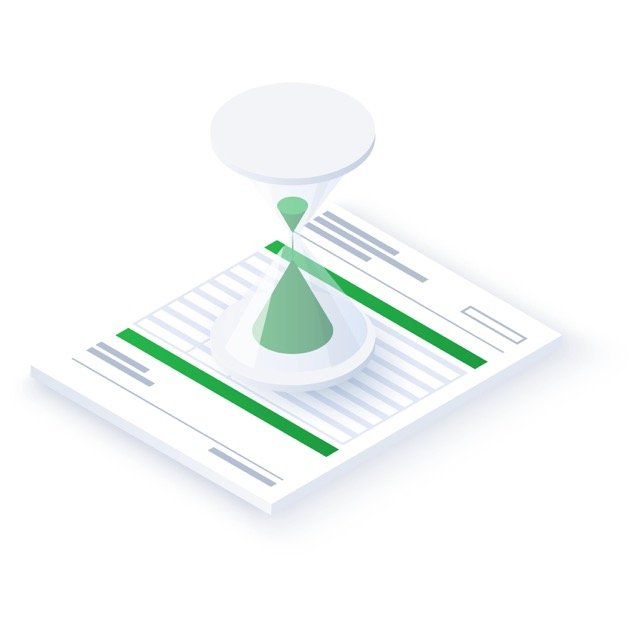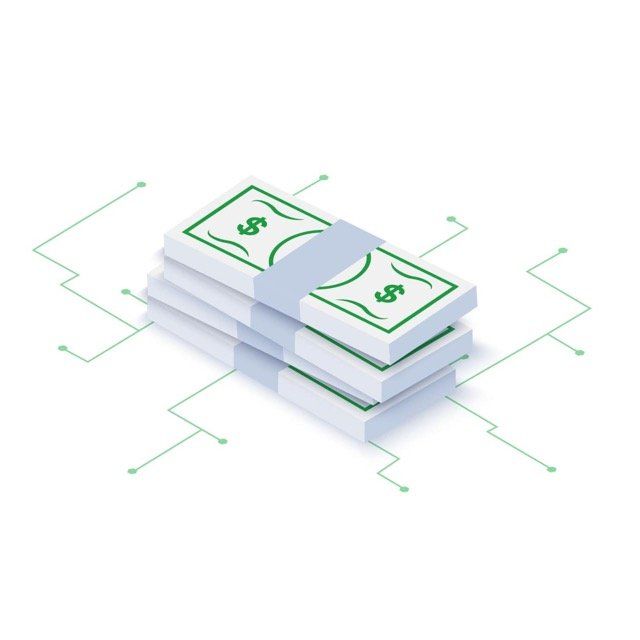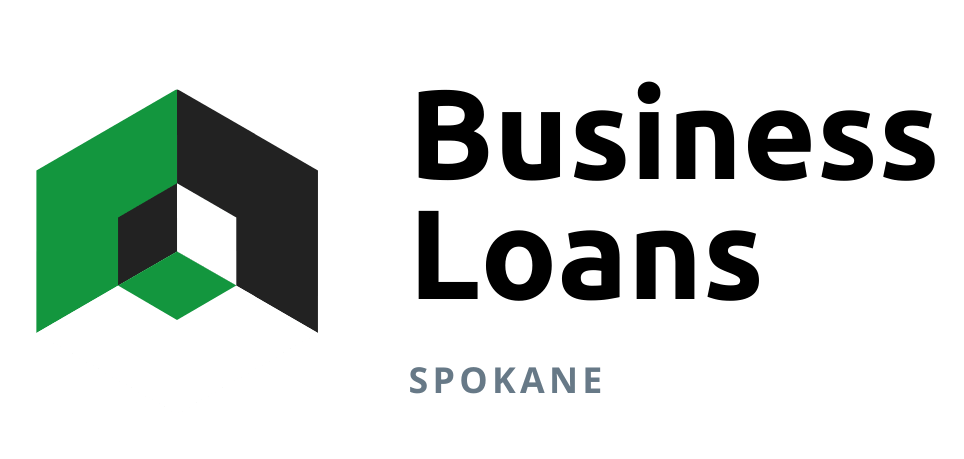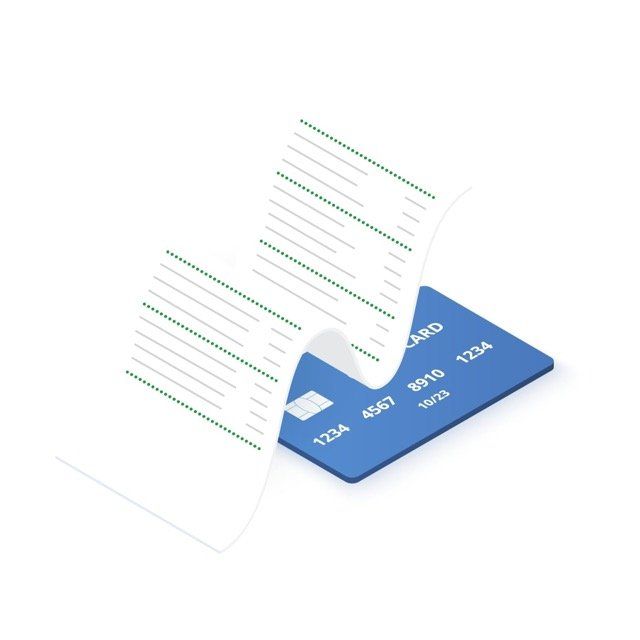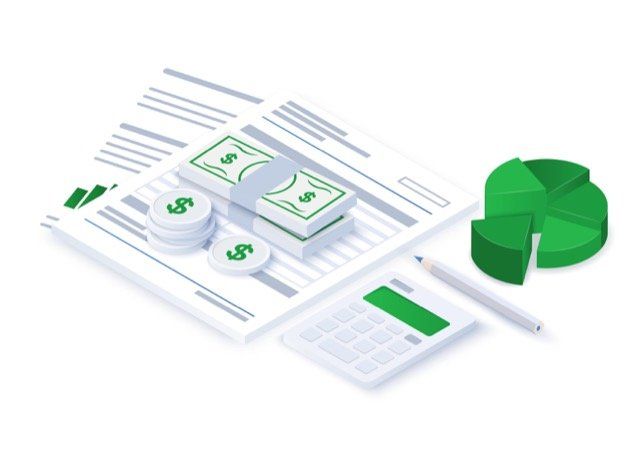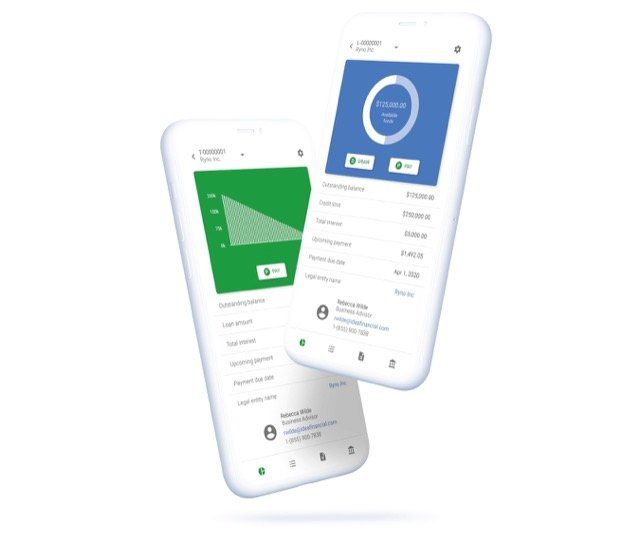How Do Business Loans Work?
How Do Business Loans Work?
If you are a small to medium-sized business and want to grow your business, a business loan can help you obtain money for various purposes. Choosing a business loan in Spokane is a good way to get the cash that your business needs to grow.
By definition, a business loan is a type of financing provided to companies for different reasons. You can obtain such loans from different types of lenders. Also, there are different types of business loans which include small business term loans, lines of credit, accounts receivable financing, SBA loans, etc.
What Is A Small Business Loan?
Small business loans are a great way to obtain financing. With a line of credit, you can obtain cash in a similar way as a credit card – you are borrowing up to a certain limit and are required to return that amount plus an interest on it. Similarly, you can get a working capital loan to pay for any investments or assets, or consider a business term loan if you want a one-time lump sum of capital that you will pay back over time. The good thing about term loans is that they typically offer fixed interest rates and regular repayment terms.
Where Can You Get Business Loans In Spokane?
You can get business loans in Spokane from different lenders. Direct online lenders are among the most popular options for business owners who want a simple way to get a loan by filling an application form online. These lenders use advanced technology and algorithms to determine whether you are suitable for a loan and approve your application in a quicker way than some banks and financial institutions.
Aside from online lenders, you can also pursue a loan through large commercial banks, community banks, bank lenders backed by the SBA, as well as peer-to-peer lending websites. All of these entities are authorized to give business loans to prospective businesses.
What Are The Basic Requirements For Business Loans?
Knowing the basic requirements for business loans is needed before you decide to apply. The minimum requirements include information on your credit score, annual revenue and at least two years in operation. However, this criteria can change depending on the loan type you select.
Some lenders including online entities are more flexible, while others look for more information to give you the desired loan. Online lenders are typically the easiest option if you want to get a loan quickly, and their requirements are simple and straightforward. However, you will need certain legal and financial documents to get approved for a loan – for instance, you might be asked for recent bank statements, profit/loss reports, tax returns documents, etc.
Do You Need A Business Plan When Applying For Business Loans?
For those of you who don’t know, a business plan is a document that outlines the core business activities of the company, along with its objectives and plan to meet its goals. Some lenders ask for this document in order to approve a business loan, and others are more flexible and require other types of information.
If you need a business plan for your corporate financing option, ensure that you include your legal business name, full business description, information on your products or services, marketing strategy, employees, along with your financial plan and projections.
Do I Need Collateral To Apply For Business Loans?
Again, some lenders will require a form of collateral to approve a small business loan. This can be any asset like real estate, equipment, or inventory that the lender finds suitable. Providing collateral gives the lender a form of security if the business struggles and the borrower is unable to make the payments.
There are some forms of business loans in Spokane where collateral is a must-have. These include SBA-backed loans, where you must provide something with a personal guarantee (if there are more owners, a statement from each) of at least 20% of the business.
How Does Loan Repayment Work?
Repaying a loan is different based on the type of loan that you choose. However, there are three general types of business loan repayment and they include:
- Installments: This is one of the most common repayment practices, where installments work as equal sums that you pay on a weekly, bi-weekly, monthly, or even bi-monthly basis. The structure depends on the loan type that you choose and the terms that you agree to.
- Cash flow: There are certain business loans in Spokane which are based on cash flow. These work similarly to installment loans, where you get the full amount of the loan upfront, but are required to repay based on your cash flow rather than standard installments.
- Revolving: If you ever had a business credit card, you know the concept of a revolving loan. A line of credit works through this concept, too, and requires you to get a sum of money that you can access whenever you need as long as your account is open. However, you only pay interest on that sum, and can continue to borrow, repay, and re-borrow up to your credit limit.
What Are The Common Types Of Business Loans?
There are plenty of options when it comes to business financing. You can choose from a business line of credit, a term loan, SBA loans, business credit cards, invoice financing, equipment financing, etc.
In order to determine the best option for your needs, it is recommended to consult with a professional advisor and work through the options based on your credit profile and needs. Once you determine the type of loan that is right for you, you can compare and consult with lenders and choose a loan that meets your criteria.
How Does A Business Loan Application Work?
Almost all loan types have certain criteria that are the same, plus additional information that borrowers need to provide in order to apply and get approved fast. Some lenders, however, have unique requirements for certain applicants.
A general list of the minimum documentation that you will need for a business loan application looks like this:
- Bank statements
- Balance sheet
- Credit score
- Tax returns (both personal and business)
- Profit/loss statements
There is no universal application practice that works for every lender, borrower, or type of business loan.
Applying is free and will not affect your credit score.
Contact Us


